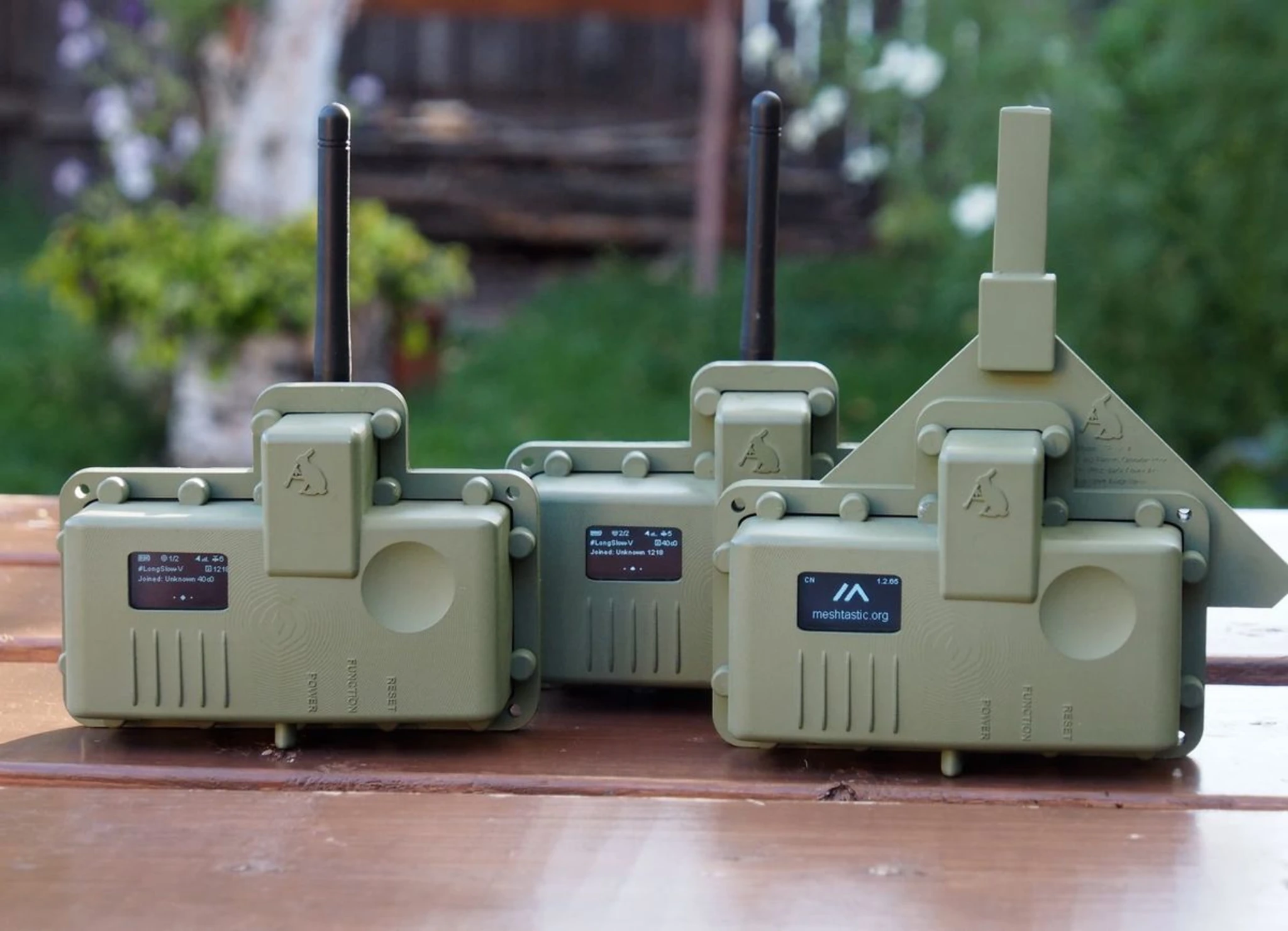For years, the idea of a third world war seemed like something out of history books or dystopian fiction. But with escalating tensions between Russia, NATO, China, and the U.S., the possibility of a global conflict is more real than ever. Wars today wouldn’t just involve soldiers on battlefields—they would include cyberattacks, economic warfare, nuclear threats, and total societal breakdowns. If World War III breaks out, those who are prepared will have the best chance of survival.
Unlike wars of the past, a modern world war would be unpredictable and deadly in new ways. Nations have the power to wipe out entire cities in minutes with nuclear weapons. Cyberwarfare could cripple the power grid, banking system, and food supply chains. Civil unrest, martial law, and military occupation could become a reality in many parts of the world. If you wait until sirens are blaring to start thinking about survival, you’re already too late.
This guide will help you prepare for the worst-case scenarios, including how to recognize the warning signs, how to prepare in advance, and how to survive if war reaches your city.
Recognizing the Warning Signs of World War III
Wars don’t start out of nowhere—there are always warning signs. If you know what to watch for, you can get ahead of the chaos and position yourself to survive before it’s too late.
One of the biggest indicators of an impending world war is rising military activity between major powers. If NATO and Russia, or the U.S. and China, begin deploying large numbers of troops, tanks, and aircraft to border regions, it’s a clear signal that tensions are escalating. Other warning signs include mass conscription (military drafts), cyberattacks on critical infrastructure, major disruptions in global trade, or the sudden collapse of diplomatic relations.
Economic collapse often goes hand-in-hand with war. If international sanctions spiral out of control, supply chains break down, or financial systems are hit by cyberwarfare, food shortages and civil unrest will follow. Countries may introduce rationing or freeze bank accounts to control resources. When you see these signs, it’s time to act immediately and finalize your survival plans.
How to Prepare Before War Breaks Out
Once war begins, it’s too late to start stockpiling supplies or making escape plans. Everything will disappear overnight. The best time to prepare is now, while stores are still open, fuel is still available, and people aren’t panicking yet.
Stockpile Essential Supplies Now
If war escalates, supply chains will break down, and survival will depend on what you have stored in advance. Focus on securing:
Non-perishable food: Canned goods, rice, beans, dried meats, and long-term storage foods.
Water: A minimum of one month’s supply per person and water purification methods in case taps stop working.
Medications: Stock up on prescription drugs, antibiotics, painkillers, and first aid kits.
Cash and barter items: If banks freeze assets, cash will be king—until bartering takes over. Keep small bills, silver, and tradeable goods like alcohol, cigarettes, or medical supplies.
Fuel and energy sources: Gasoline, propane, solar panels, batteries, and hand-crank radios to
stay connected when power grids fail.
Have a Bug-Out Plan
If you live in a major city or near military targets, you may need to evacuate quickly before war arrives at your doorstep. Know where you’re going and how to get there.
Have a bug-out bag packed with food, water, medical supplies, clothing, and a weapon.
Plan multiple escape routes to avoid blocked roads or military checkpoints.
If possible, relocate to rural areas or smaller towns, which are less likely to be bombed or occupied.
Make sure your vehicle has extra fuel—gas stations will run dry within hours of an attack.
Prepare for Martial Law and Government Control
In wartime, governments seize control of civilian life. Martial law means curfews, travel restrictions, rationing, and forced conscription. If you’re caught with large stockpiles of food, weapons, or survival gear, authorities may confiscate them.
To prepare:
Hide your supplies in multiple locations, including underground caches.
Avoid broadcasting that you are prepared—desperate neighbors or authorities will come looking.
If martial law is declared, stay off the streets and keep a low profile.
How to Survive If War Reaches Your City
If you wake up to missile strikes, military occupation, or civil collapse, you have two options: evacuate or hunker down.
If an attack is imminent, leaving the city before roads close is your best chance. But if you’re caught in a war zone with no way out, your survival will depend on staying hidden, securing resources, and avoiding conflict.
Surviving Bombings and Airstrikes
If your city is under air assault, the safest places to take shelter are:
Underground (basements, subway stations, bomb shelters).
Reinforced buildings (parking garages, concrete structures).
Natural cover (caves, tunnels, trenches).
Avoid standing near windows, bridges, or open streets, as these are prime targets. After an attack, be wary of collapsed buildings, fires, and secondary explosions.
Staying Safe in an Occupied or War-Torn City
If enemy forces occupy your city, survival depends on blending in and avoiding attention. Do not resist unless you have no choice—civilians who fight back are often executed on sight.
Stay indoors as much as possible. Traveling through an occupied city is dangerous.
Keep your head down. Avoid wearing military-style clothing or carrying weapons unless necessary.
Form small survival groups—strength in numbers increases security.
Use blacked-out windows and minimize noise at night to avoid detection.
If the occupation lasts, barter and underground trade will become the only way to get food, medicine, and supplies.
What If Nukes Are Launched?
The worst-case scenario in World War III is a nuclear exchange. If you hear of an incoming nuclear attack, you may only have minutes to react.
Get underground immediately—the deeper, the better.
Seal off ventilation points to prevent radioactive dust (fallout) from entering.
Stay inside for at least 48 hours, ideally two weeks, until radiation levels drop.
Avoid drinking unfiltered water or eating exposed food—radiation poisoning is deadly.
If you’re outside during a blast, get behind solid cover, lie flat, and shield your face. The shockwave and heat will be deadly for those caught in the open.
Final Thoughts: Will You Be Ready?
If World War III breaks out, everything will change overnight. The difference between those who survive and those who don’t will come down to who saw the warning signs, who prepared, and who had the knowledge to adapt.
The world is already on edge, and conflicts can escalate faster than most people realize. Prepare now. Stockpile supplies, plan your escape routes, and be ready to adapt to a world without law and order.
If war breaks out, will you be among the survivors—or the victims?



